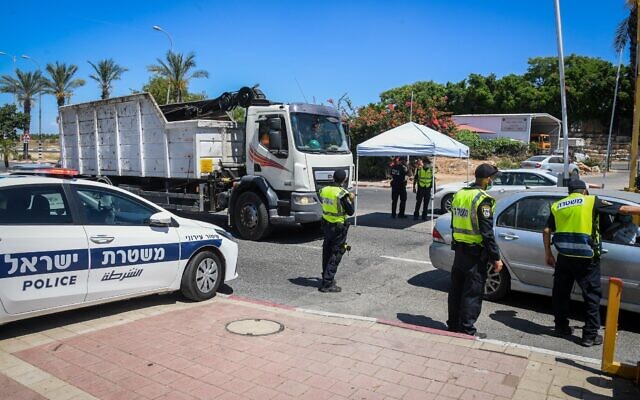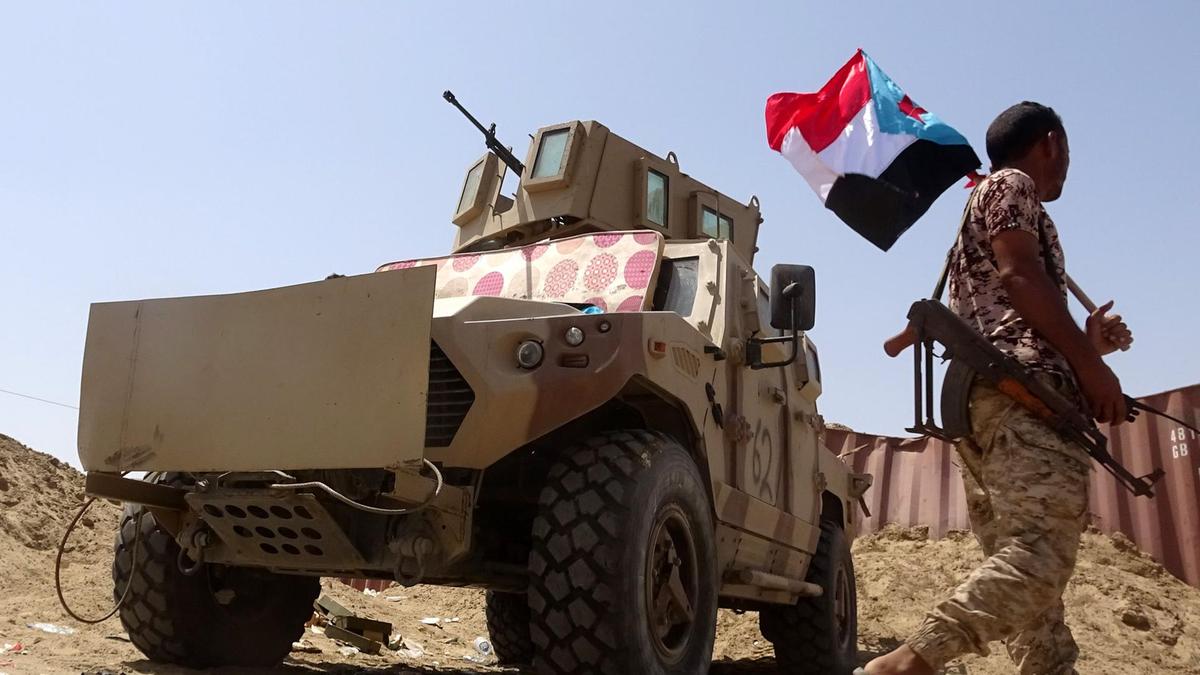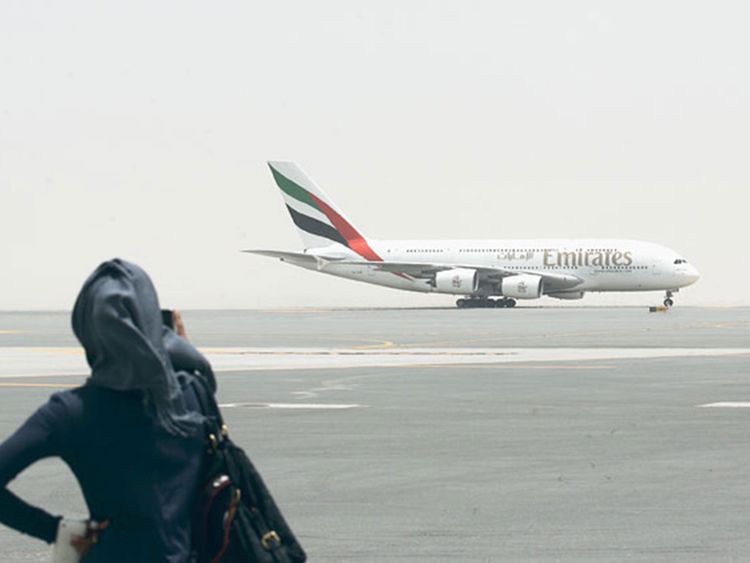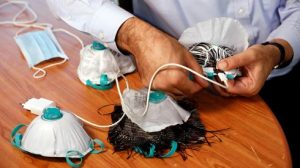A dreaded and much talked about second wave of COVID-19 hit Israel and Palestine this week.
On Wednesday morning, Israel’s Health Ministry confirmed it identified 420 new COVID-19 cases in the past 24 hours, the largest single day spike in infections since April 22.
In response to surging case numbers, Israeli authorities reinstated on Wednesday a partial lockdown for the ultra-Orthodox city of Elad in central Israel and several majority ultra-Orthodox neighborhoods in the northern city of Tiberias.
Israel declared Elad and five suburbs of Tiberias “restricted zones,” Prime Minister Benjamin Netanyahu said on Tuesday. A day earlier, Netanyahu gave police the go-ahead to fine anyone failing to wear mandatory face masks.
The “restricted zones” will be closed to external visitors, except essential service providers and students completing exams, for the next seven days. During that period, gatherings of over 50 people are banned and residents can only leave to receive medical care, complete exams, engage in legal proceedings, attend funerals of close relatives, or work.
There are concerns from residents in the newly restricted zones that the move will do little to slow transmission but rather harm the local economy and stigmatize their community.
“This is not a real lockdown, you can enter, you can do whatever, this lockdown just hurts businesses and people and nobody cares,” an Elad resident told the Times of Israel on June 23.
The ultra-Orthodox community in Israel has been disproportionately affected by COVID-19. Around 14% of new cases this week came from just five mainly ultra-Orthodox areas, a COVID-19 military task force said on Wednesday.
More broadly, ultra-Orthodox patients account for 20% of Israel’s total number of active COVID-19 cases, while only constituting around 12% of the population — a phenomenon put down to close living conditions and the community’s interconnectedness.
Fresh virus worries for Palestine
Meanwhile, Palestine is also experiencing an uptick in new virus numbers. On June 24, Palestinian Authority (PA) Health Minister Mai Alkaila announced 142 new cases had been confirmed in the West Bank and East Jerusalem, taking the total number of COVID-19 cases to 1,517.
The majority, 1,311 of Palestine’s total active cases, are centred around the West Bank. This prompted the PA to place the city of Hebron under lockdown.
On June 20, Prime Minister Mohammad Shtayyeh ordered a five-day lockdown of Hebron Governorate and a 48-hour complete shutdown of Nablus city, another COVID-19 hotspot. Only essential services are allowed to operate under the fresh wave of restrictions in Hebron, and public gatherings have been banned in all West Bank governorates.
“There is no longer any room for tolerance in the matter. The safety procedures are very simple: compliance with COVID-19 social distancing orders, and the use of a facemask in markets, public places, workplace and others. This is a compulsory measure that all citizens have to abide by,” Shtayyeh said.
Read also: UAE Diplomat: Israel Annexation Could Reverse Gains for Middle East Peace





